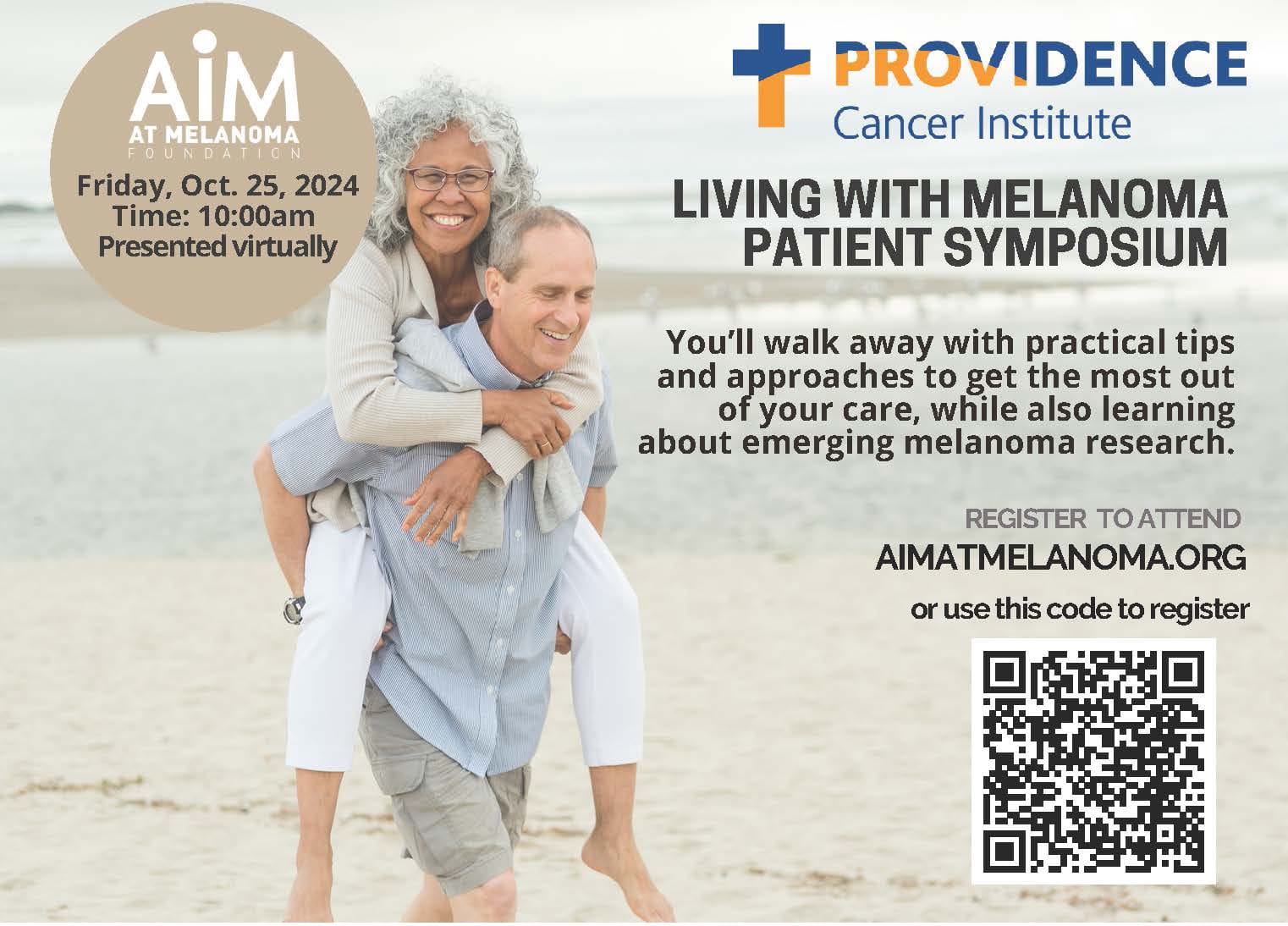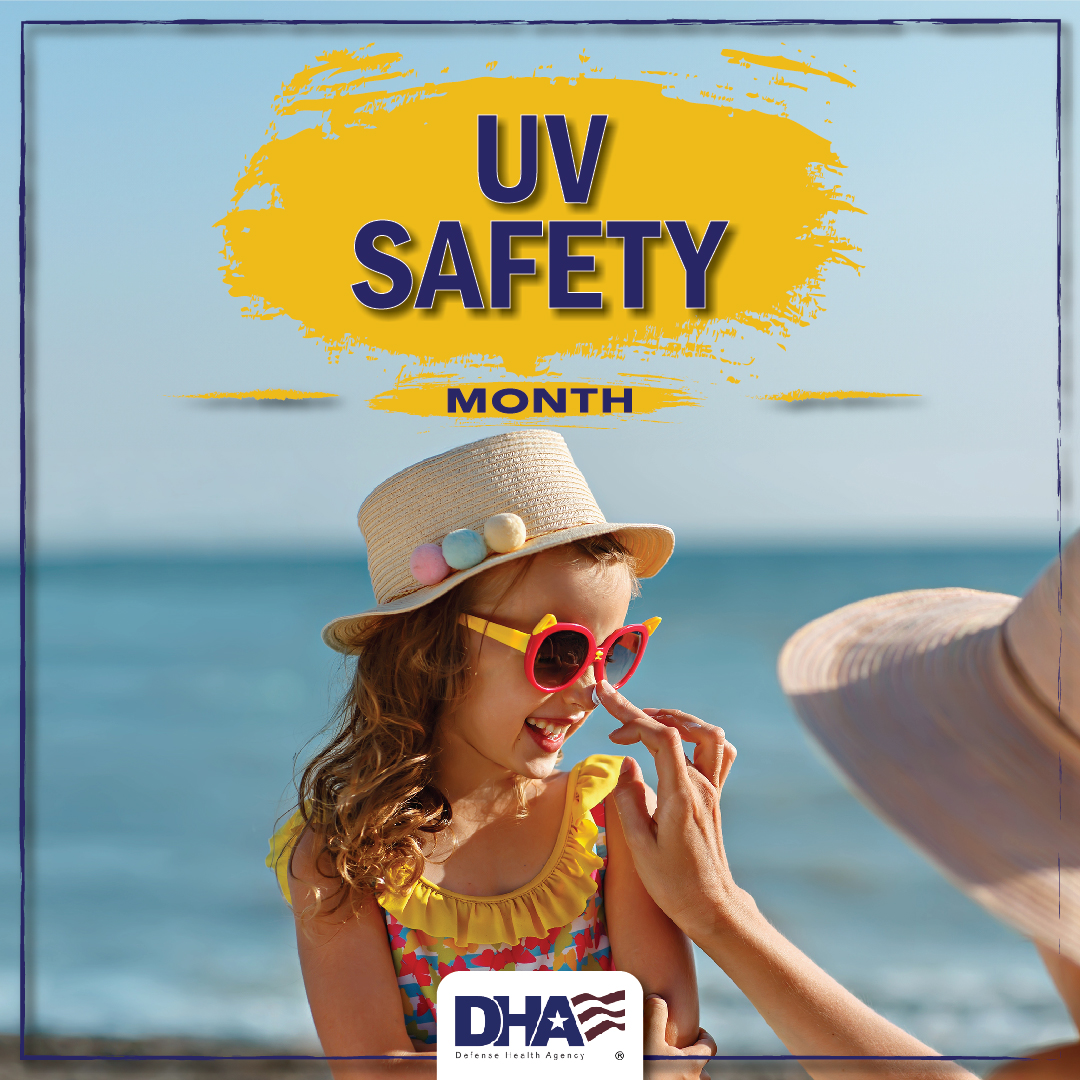Women and Melanoma
Are you one of the millions of women who schedules time in the tanning booth to give herself a “healthy glow” regardless of the season? Is soaking up the sun with your girlfriends your favorite summer pastime? Do you ignore the sunscreen and instead choose tanning oil? If so, you may be putting your health at risk.
Skin cancer is the most common form of cancer in the nation, according to the American Cancer Society. Although melanoma represents only about 1% of skin cancer diagnoses, it causes a disproportionately large percentage of skin cancer deaths. And the numbers are rising—especially in young women.
Since 2010, the number of melanoma cases that were diagnosed every year has increased by 47%, according to the Skin Cancer Foundation. A large percentage of the jump in melanoma cases is attributed to indoor tanning or excessive exposure to sunlight. Research shows that melanoma rates among women ages 18 to 39 are eight times higher than in 1979, making it the second most common cancer in young women.
The results can be deadly for both women and men. Nearly 7,000 people are expected to die from melanoma this year: 4,610 men and 2,240 women. Don't forget the men in your life when you're examining habits and making lifestyle changes to reduce your risk.
Here’s what you need to know.
--
If you need care, don’t delay. Learn more about your options.
Get relevant, up-to-date information on the coronavirus (COVID-19) from Providence.
--
Find a doctor
The dermatologists at Providence have advanced expertise to identify and treat skin cancer of all types. Through Providence Express Care Virtual, you can access a full range of healthcare services. If you need to find a doctor or visit one in person, you can use our provider directory or search for one in your area.
Related Resources
Providence cancer researchers highlighted at ASCO20: Virtual
Early Phase Immunotherapy Studies for High-Risk Skin Cancers
Melanoma study: are two immunotherapies better than one?
This information is not intended as a substitute for professional medical care. Always follow your healthcare professional's instructions.




